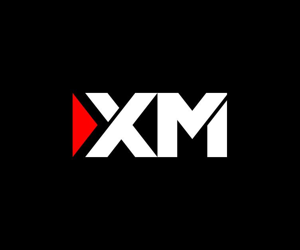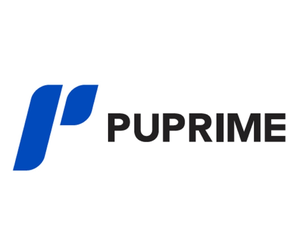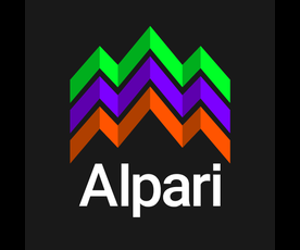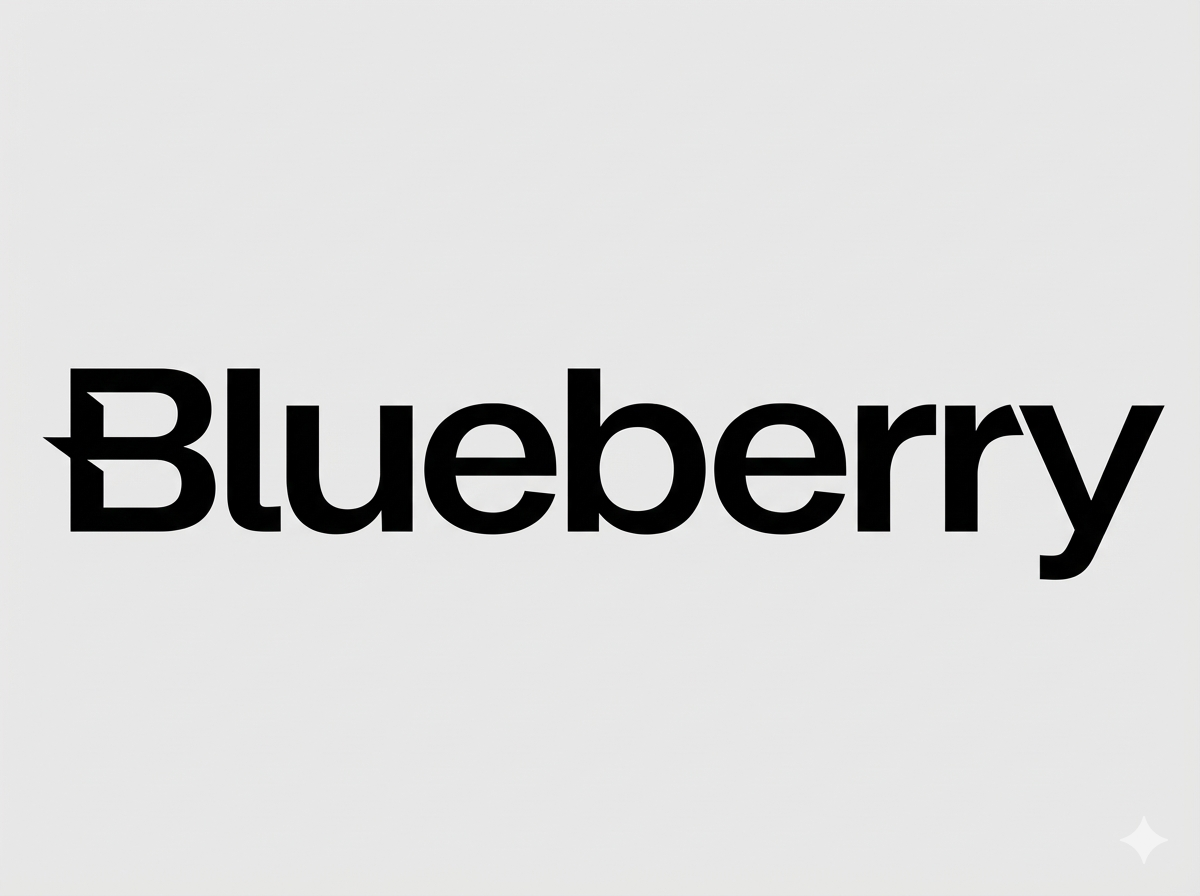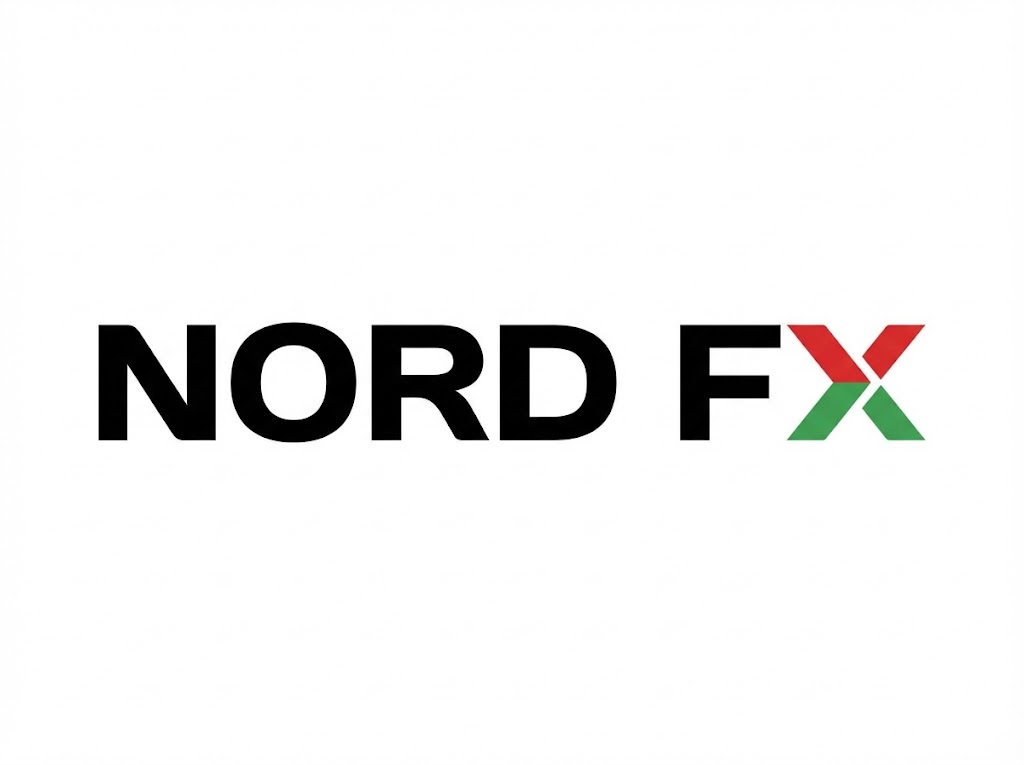Alpari gets a Bronze rating—lacks Tier 1 oversight; we weigh pros, cons, and user feedback so traders can judge safety and costs—learn why it may fit you.
Alpari is a long-standing name in retail foreign exchange (FX) and CFD trading. Founded in 1998, it has operated under various regional structures, and it remains a recognizable brand globally. For many small or casual investors, the question is straightforward: is Alpari safe and competitive enough to entrust with real capital?
We assign Alpari an overall rating of Bronze Standard under our methodology. It does not meet the criteria for Gold or Silver, primarily because its regulatory framework lacks a true Tier 1 regulator. Despite that, it may serve certain traders who accept higher regulatory risk in exchange for looser leverage or more flexible offerings.
In this review, I will walk you through how we arrived at that classification. First, we’ll examine Alpari’s regulatory status and what “safety” really means in FX. Then we’ll look at how Alpari is viewed by traders, assess its strengths and weaknesses, and conclude with a practical verdict: who, if anyone, should use it.
Regulation & Safety
Legal Entities and Licensing
Alpari does not operate under a single global legal entity with top-tier regulation. Its current principal regulatory license is held through Parlance Trading Ltd, regulated by the Mwali International Services Authority (MISA), a Comoros-based regulator, under license number T2023236. The broker lists this license on its “About Us” page.
Historically, Alpari operated in the UK through an FCA-licensed subsidiary and in the U.S. through an NFA-registered entity; both ceased operations around 2015. Its UK arm entered special administration after extreme FX volatility in 2015.
Some independent reviews also note regulatory exposure in Mauritius (FSC) under its parent group (Exinity). But it is not clear that this is an active, strong regulatory umbrella over its main operations.
Because MISA is not a recognized top-tier regulator, we classify it as Tier 3 (Offshore / Light) under our methodology. That means it fails one or more of our Four Floor Tests. In particular:
- Licensing of activity: MISA appears to license “international brokerage and clearing” but does not have a strong record in regulating FX/CFD activity.
- Retail product controls: There is limited evidence that MISA requires strict leverage caps, negative balance protection, or standardized margin rules.
- Client money protections: MISA does not force strict segregation or compensation schemes like top regulators do.
- Active oversight: There is no visible record of audits, enforcement actions, or regular inspections by MISA in the public domain.
Because of that, Alpari begins with the lowest regulatory baseline in our scoring.
Why Regulation Matters for Retail Traders
To a beginner, regulation may feel like legal paperwork. In practice, it is the backbone of client safety. Top regulators enforce rules to:
- Segregate client funds from the broker’s own liquidity.
- Impose maximum leverage (often 30:1 or lower in developed markets).
- Provide negative balance protection (your losses cannot exceed your deposit).
- Offer redress or compensation in case of broker failure.
- Audit execution and operations to discourage malpractice.
In the absence of strong oversight, these protections are weaker or absent. Thus, a broker under Tier 3 regulation must justify why traders should accept that extra risk.
Client Protections at Alpari
Based on broker disclosures and third-party reviews:
- Alpari claims negative balance protection on many accounts.
- It enforces standard KYC / AML checks: identity and address documents are required during onboarding.
- It publishes non-trading operations policies, under which it may suspend or block transactions if they consider them suspicious.
- It also discloses that account funds are handled under internal rules, but it does not offer a formal compensation fund or external protection scheme.
These protections are better than nothing, but they depend heavily on the broker’s internal integrity – not on robust independent enforcement.
Trader Reputation & Market Presence
Client Reviews & Sentiment
On public review platforms like Trustpilot, Alpari scores a mix of positive and negative feedback. Many longtime users praise reliability in deposits, platform stability, and responsive customer service. Others complain about delays in withdrawals, opaque fees, or difficulties in verification.
Some critical voices claim that Alpari’s analytics or “signal” services tend to underperform or lack accountability. Others warn about transparency. In some cases, reviewers on Wikifx allege that withdrawal requests were never fulfilled. These must be treated cautiously, because some could reflect regional or intermediary banking delays.
BrokerChooser, an independent broker-safety comparator, explicitly cautions against Alpari because it lacks top-tier regulation.
Overall, client sentiment is mixed. The positives often focus on ease of use, broad instrument range, and low spreads. Recurring negatives cluster around withdrawal reliability and transparency of additional charges.
Market Presence & Reach
Alpari serves clients in over 150 countries. It offers multiple account types, MetaTrader platforms, PAMM and copy trading services. The broker is known particularly in emerging markets (Asia, Africa, Latin America) because of relatively low entry costs and high leverage offerings.
It does not currently operate in the U.S., the European Union, or the UK. Its past operations in those jurisdictions ended under stress or regulatory pressures.
In peer rankings (e.g. DayTrading.com), Alpari is placed fairly low and flagged for regulatory weaknesses. It is not generally viewed as a top-tier competitor to heavily regulated brokers like IG, Oanda or Saxo.
Execution Transparency
We find no credible, audited execution statistics (slippage, rejection rates, latency) published by Alpari comparable to what European brokers disclose in RTS-27 / RTS-28 reports. That limits our ability to judge execution quality. In competitor reviews, some traders note occasional latency or speed issues. Without transparent data, execution is treated cautiously in our scoring.
Strengths & Weaknesses
Here is a structured snapshot of what Alpari does relatively well — and where it is weaker.
Strengths:
- Long brand history (established 1998) which lends credibility.
- Broad global footprint, accepting clients from many emerging markets.
- Multiple instruments: forex, CFDs, indices, metals, etc.
- Low or zero-commission deposit and withdrawal channels in many regions.
- Negative balance protection offered in many account types.
Weaknesses:
- Regulation under a Tier 3 (offshore) body, with limited oversight and weak client protections.
- No published execution statistics, so execution transparency is lacking.
- Reports of withdrawal delays or refusal in some cases — these recur across client feedback.
- Hidden or opaque fees or charges in local banking paths.
- Discontinuation of operations in regulated jurisdictions (UK, U.S.) raises caution about consistency under stress.
These points suggest a broker that offers appealing features, but relies heavily on trust rather than oversight.
Overall Verdict
Given the evidence, we place Alpari in the Bronze Standard tier under our rating framework. It fails to meet the bar for Silver because it lacks Tier 1 regulatory oversight and does not provide robust, audited execution metrics. It also faces credible but not overwhelming negative feedback, which prevents it from being a Red Flag broker.
Alpari may suit traders who:
- Operate from regions where tightly regulated brokers are sparse or expensive.
- Are comfortable accepting higher regulatory risk in exchange for higher leverage or flexibility.
- Start with small capital and want low-cost entry.
It is not ideal for traders seeking maximum safety, strict oversight, or transparent redress pathways. In the same Bronze band, it competes with other offshore or mid-tier brokers. If you need stronger regulatory protections (e.g., in Europe, U.S., or Australia), you should consider Silver or Gold-class brokers instead.
Expert Review Notes (Staff Insight)
- During test queries, Alpari’s customer support responded promptly with policy details, but sometimes deferred key technical execution questions.
- When asked to explain slip or execution risk, their replies stayed general and did not provide hard data.
- Their marketing emphasizes “low spreads” and “1000:1 leverage,” which can appeal strongly to beginners, but these features thrive in lightly regulated settings.
- Some staff found the website’s disclosure on regulatory structure somewhat convoluted and harder to trace — a transparency red flag.
- We assigned staff insight a modest negative tilt (within the 10% cap) because while the support responsiveness was decent, the opacity around execution and regulatory structure warrants caution.
In summary, Alpari is a broker with a long-standing track record and broad offerings — but it operates with a regulatory safety net that many risk-averse traders will find too light. It occupies the middle ground: not obviously fraudulent, but not offering the protections that come from top-tier regulation. If you decide to trade with it, proceed with caution, use only small funds, and insist on withdrawing early and often rather than relying on indefinite capital exposure.


